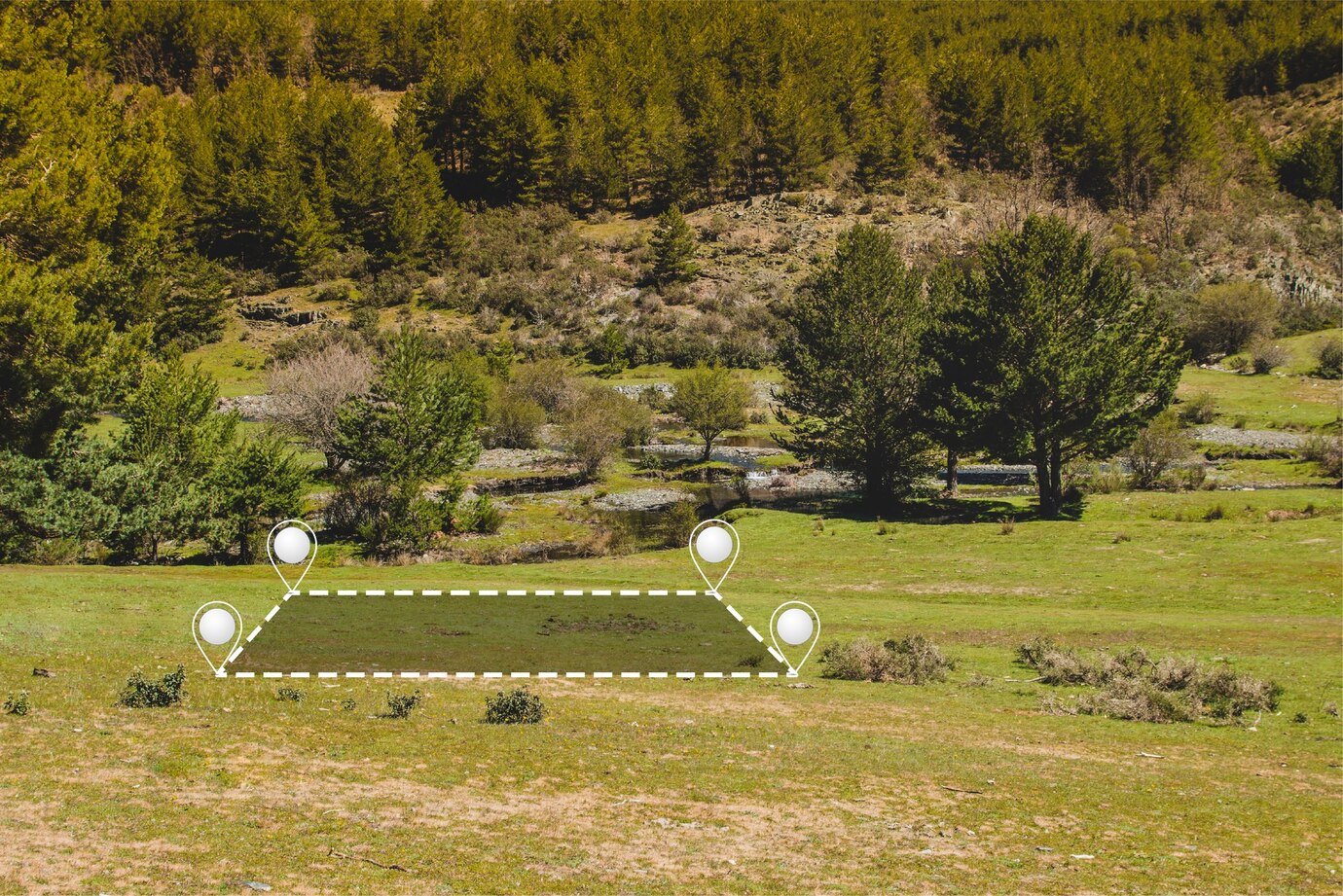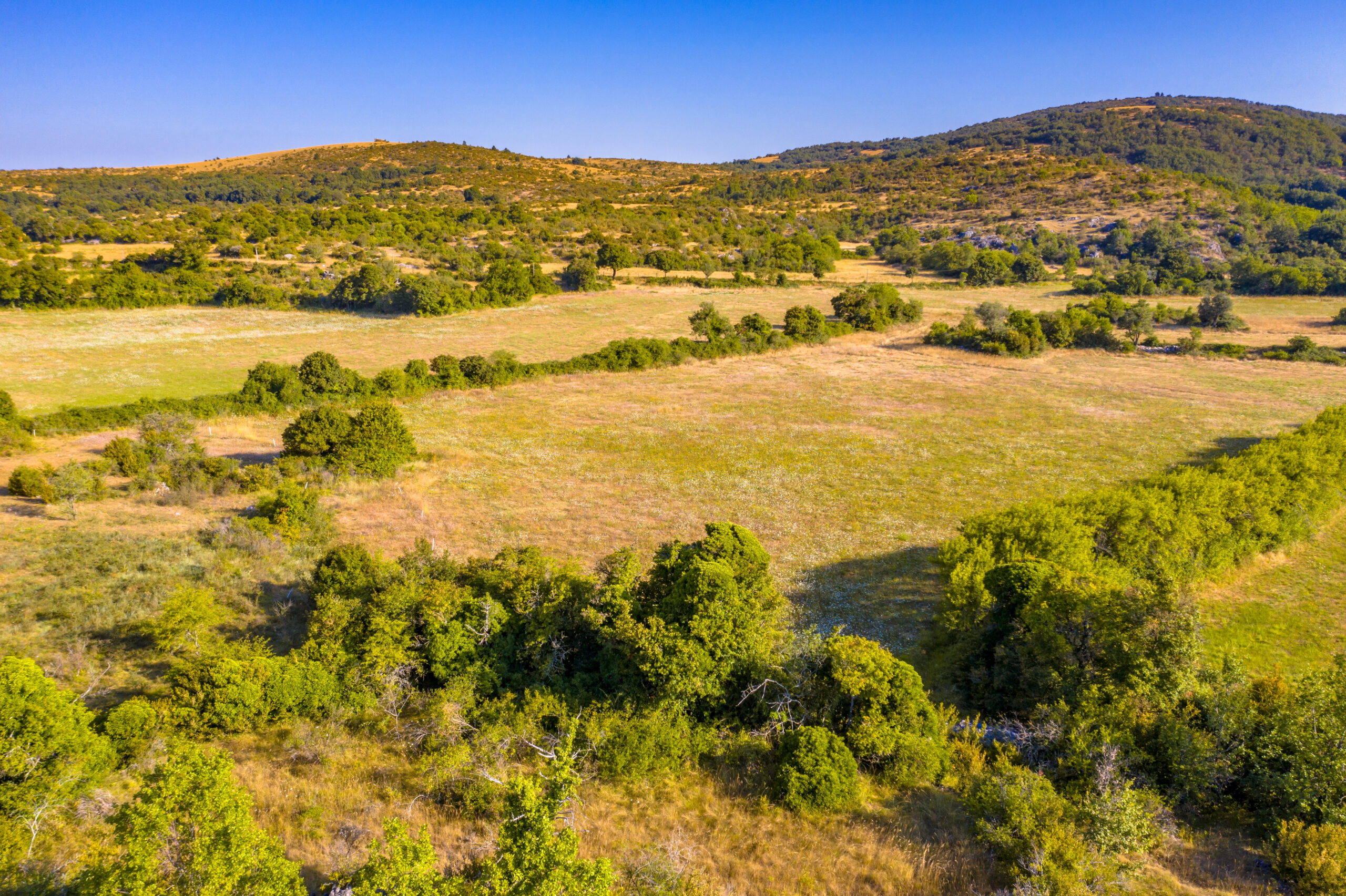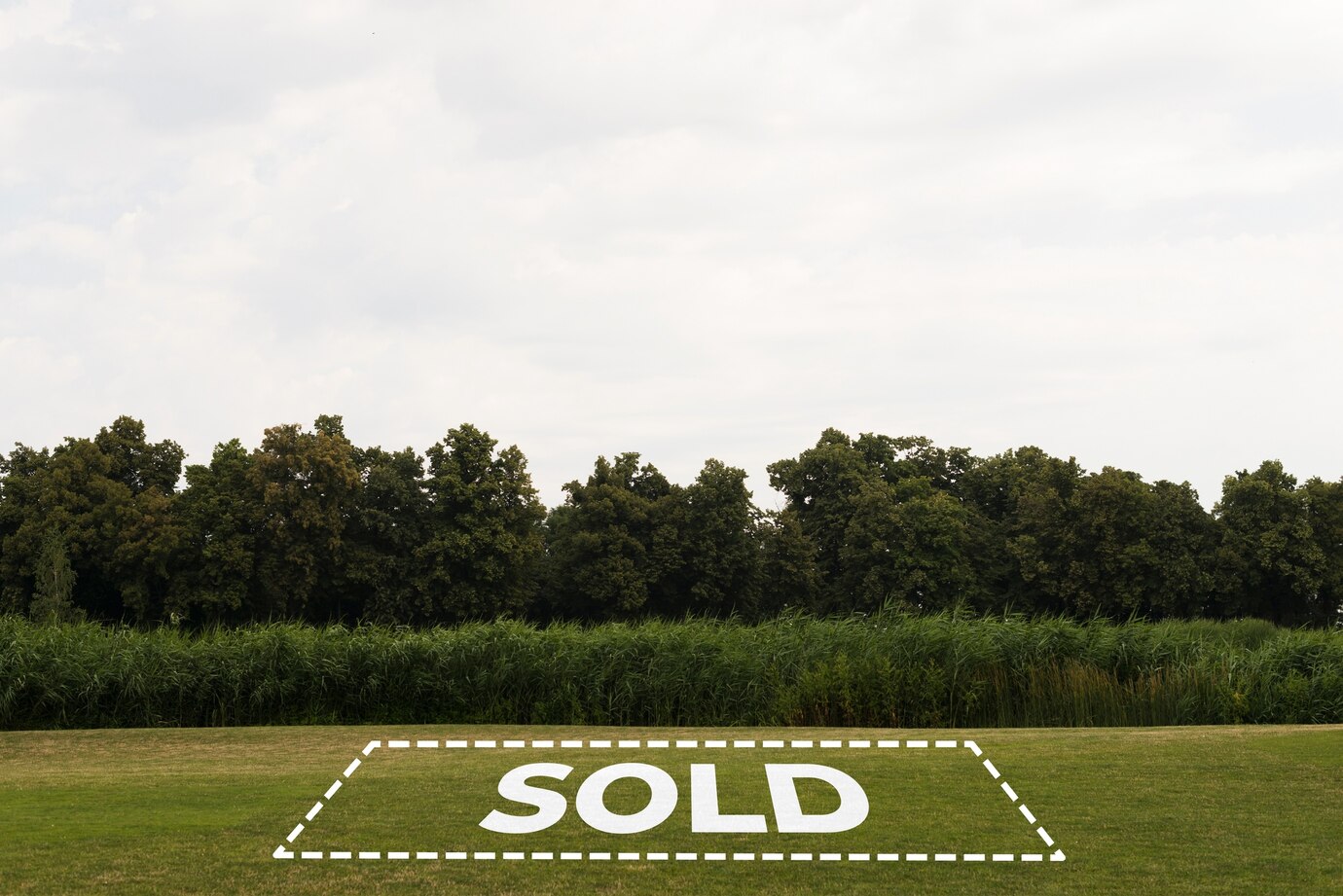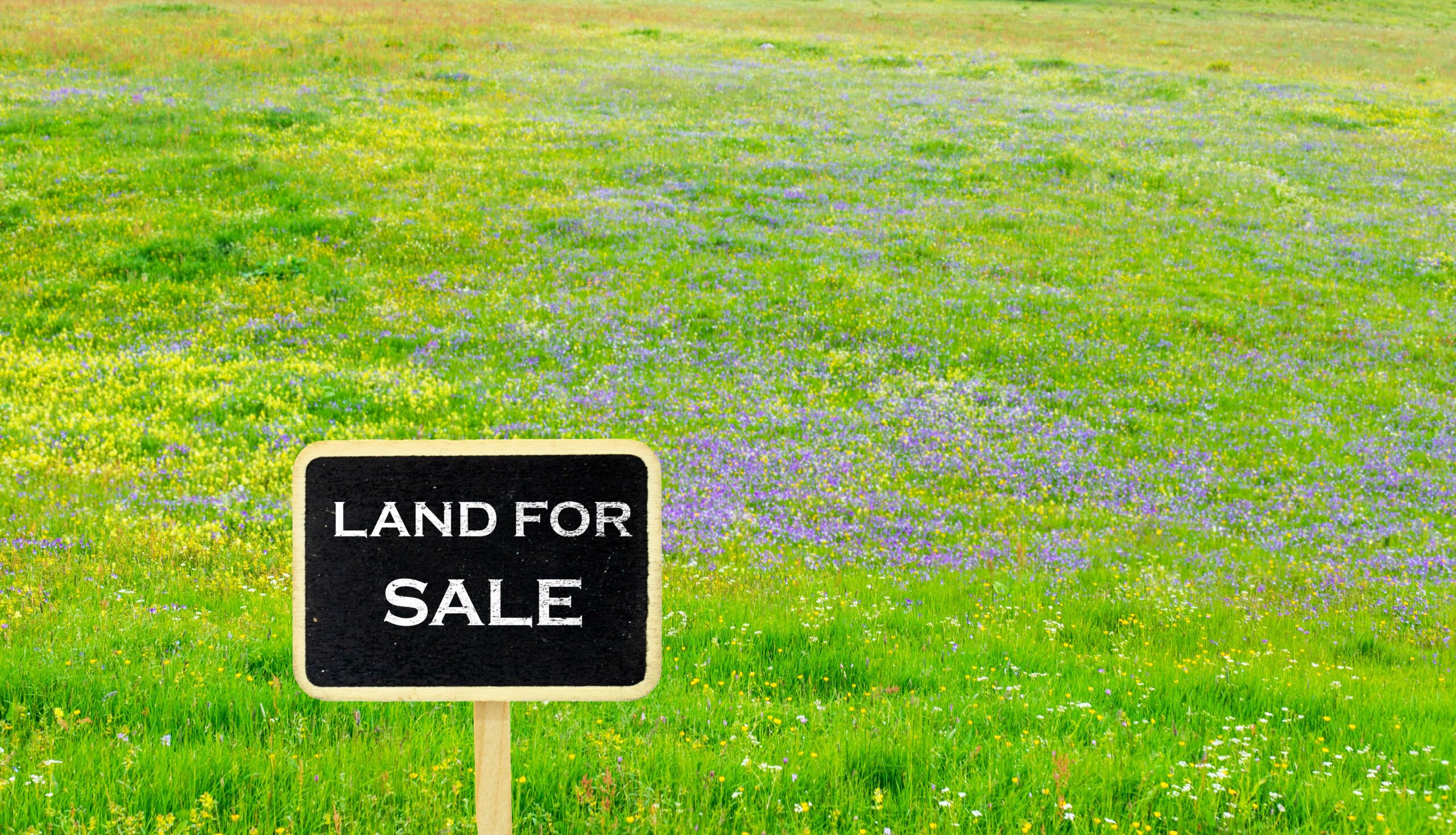When investing in vacant land in Texas, understanding zoning regulations is crucial for maximizing the potential of your investment. As a local Texas company, Vacant Land Man is committed to helping Texans make informed decisions about their land investments and navigate the complexities of zoning regulations. A comprehensive understanding of zoning categories and their implications ensures compliance with local regulations and plays a key role in determining the development and usage possibilities for your land.
In this in-depth guide, we will provide an overview of the different types of vacant land zoning in Texas and the implications of each zoning category for landowners. We will also discuss issues related to rezoning and variances and the importance of zoning in land valuation. With this knowledge, you can make strategic decisions about your land investment and leverage the opportunities that zoning regulations present.
Common Types of Vacant Land Zoning in Texas
Zoning regulations can significantly impact your vacant land’s development potential and usage. In Texas, the primary zoning categories for vacant land include:
1. Residential Zoning: Residential zoning is designated for properties intended for various housing types, such as single-family homes, duplexes, or multifamily units. This category typically restricts non-residential uses, with the goal of preserving the character and quality of residential neighborhoods.
2. Commercial Zoning: Commercial zoning applies to properties intended for business and commercial activities like retail stores, offices, restaurants, and hotels. Depending on the specific types of commercial uses permitted in the area, there may be further subcategories.
3. Industrial Zoning: Industrial zoning is designated for properties that support manufacturing, warehousing, distribution, and other industrial operations. This zoning category often includes environmental and safety regulations and restrictions on building heights and setbacks to ensure separation from residential areas.
4. Agricultural Zoning: Agricultural zoning is assigned to land primarily used for farming, ranching, or other agricultural activities. This zoning category aims to protect farmland and promote the long-term viability of agricultural operations by restricting non-agricultural development.
Understanding Zoning’s Impact on Land Development
Properly assessing the zoning implications for your vacant land is vital to your land investment success. Zoning regulations can impact development potential and land usage in several ways:
1. Permitted Uses: Zoning determines your land’s allowed activities and structures. Knowing the permitted uses can help you identify suitable development opportunities and analyze your property’s highest and best use.
2. Building Restrictions: Zoning regulations can impose restrictions on building size, height, setbacks, and lot coverage. These restrictions can impact the scale and layout of potential development projects on your land.
3. Property Values: Zoning can affect the value of your vacant land, as properties with a desirable zoning category or more development flexibility may command higher values in the market.
4. Land-Use Compatibility: Zoning minimizes conflicts between incompatible land uses and promotes sustainable development patterns. Understanding the interplay between different zoning categories in your area can help you identify potential challenges or opportunities related to land-use compatibility.
Navigating the Rezoning & Variance Processes
If your vacant land’s current zoning doesn’t align with your development goals, you may need to consider the rezoning or variance processes to unlock the property’s full potential:
1. Rezoning: Rezoning involves amending your property’s zoning classification to a more suitable category. This typically requires submitting a rezoning application, engaging with local planning staff, and attending public hearings before the local governing body. Approval may hinge on factors like consistency with the comprehensive plan, compatibility with surrounding land uses, and the potential impacts of the proposed rezoning.
2. Variance: Variance requests involve seeking approval for a specific deviation from existing zoning regulations, such as a setback requirement or height limitation. Variances are typically granted on a case-by-case basis, with the approval contingent on demonstrating unique hardships or circumstances that justify granting the variance.
The Role of Land Use Planning in Zoning Decisions
Understanding the broader land-use planning context can help inform your vacant land investment decisions and navigate zoning challenges. Key aspects of land-use planning to consider include:
1. Comprehensive Plans: Local comprehensive plans provide a long-range vision for growth and development in a community. Reviewing your area’s comprehensive plan can provide insights into potential future changes in zoning and land use priorities.
2. Zoning Ordinances: Familiarize yourself with the specific zoning ordinances governing your property. These ordinances contain detailed permitted-use regulations, building restrictions, and development standards.
3. Public Input Opportunities: Participate in local public meetings and engage with planning staff to provide input on zoning matters that affect your vacant land. This participation can help you stay informed and build relationships with local decision-makers.
Conclusion
Understanding and navigating the complexities of zoning regulations are essential components of a successful vacant land investment in Texas. By grasping the different zoning categories, their implications for land development, and the potential challenges and opportunities they present, you can make informed decisions that maximize the potential of your land investment. With the assistance of an experienced local team like Vacant Land Man, you can overcome zoning hurdles and unlock your property’s full potential.
If you’re seeking expert guidance on zoning regulations or selling your land in Texas, contact Vacant Land Man today. Our knowledgeable team is here to provide the support you need to understand zoning complexities and make well-informed decisions that maximize the value of your land investment. Reach out to us now and let us be your trusted partner in navigating the Texas land market.




